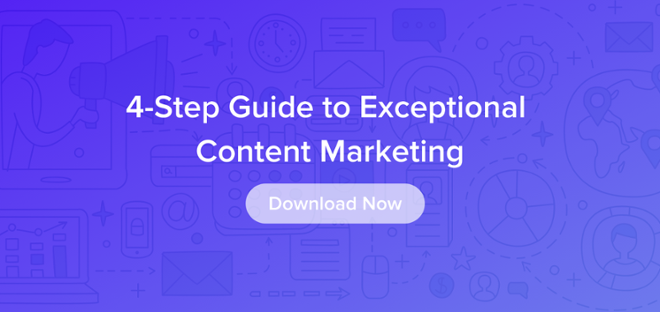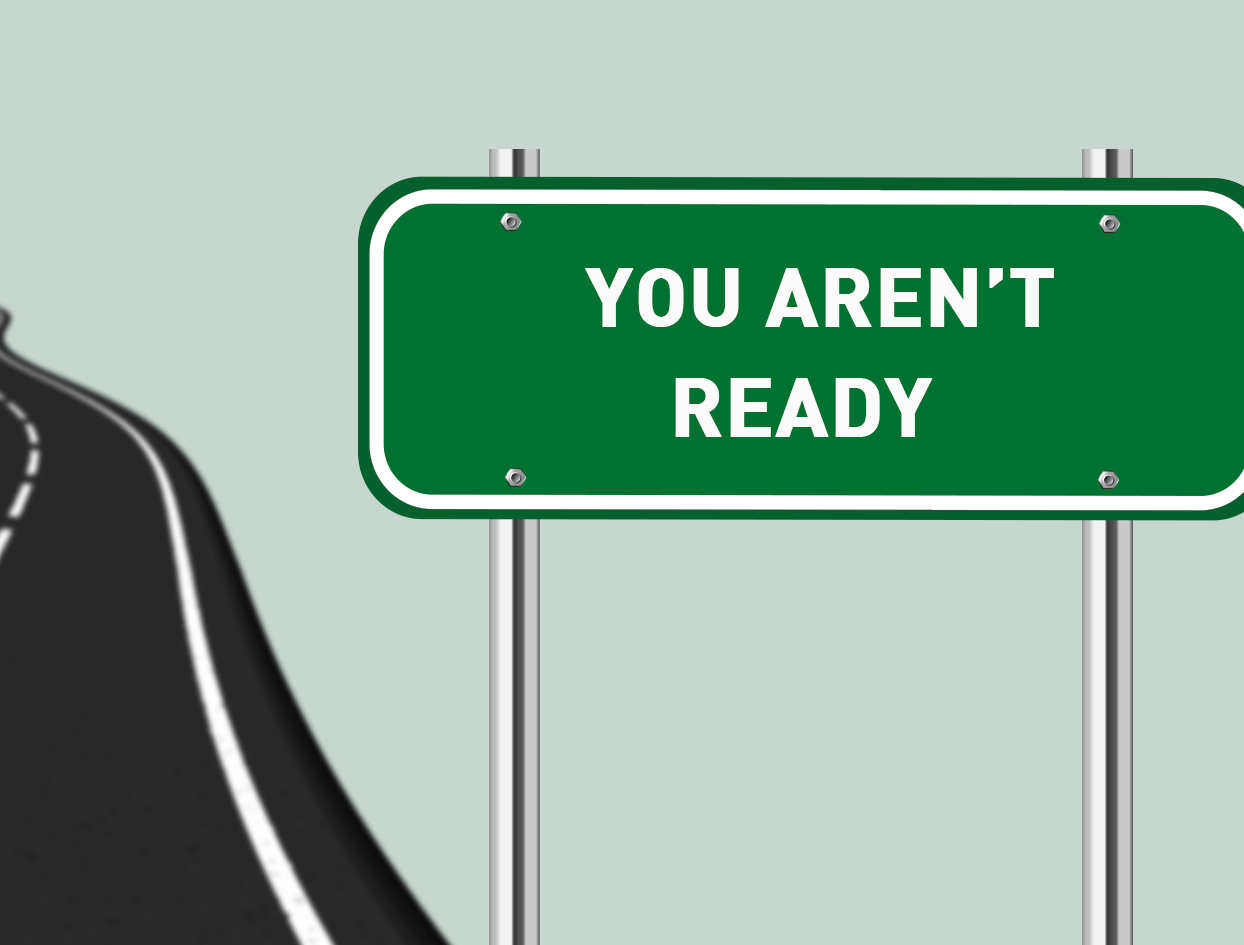 Marketing has experienced a significant shift in recent years, and many companies and marketing teams believe that while the form has changed, the nature of marketing has stayed the same. But the truth is that this shift extends far beyond just the form or format of a brand’s messaging.
Marketing has experienced a significant shift in recent years, and many companies and marketing teams believe that while the form has changed, the nature of marketing has stayed the same. But the truth is that this shift extends far beyond just the form or format of a brand’s messaging.
Marketing’s entire function has been expanded and adapted to life in 2016. It’s all about the value your brand can deliver to its audience and the relationship and human connection customers have with the people powering your company. And because the strategies and tactics of the past are no longer as effective at achieving these goals, teams are turning to content to communicate their messages, deliver value, and establish and maintain those critical connections.
The Content Marketing Institute reported that 88 percent of B2B marketers used content marketing in 2015, and more than one in three marketers are still in the very early stages of establishing those content strategies and processes. Many are still determining if content is right for them and if their teams are up for the challenge.
As effective as content marketing can be, it's not for every team at any time. To help, here are 10 signs you and your team need to re-evaluate whether you're ready to take on the challenge of content marketing:
1. You don't know who your audience is.
Not knowing who you’re trying to reach is absolutely detrimental to any marketing initiative. If you're speaking to mystery people, you don't know what to write about, what your customers care about, or how to convert people. Defining your audience should be one of the first steps in building a content strategy.
2. You can't wait to write '5 Reasons You Should Buy Our Product.'
Articles directly about your products or services require your readers to start out with a strong level of interest in your brand, and they'll never develop that interest if all you're doing is selling to them. Promotional content hurts your brand, and it's the wrong way to get started. Early on (at the top of the funnel), you need to focus on creating content people will engage with and find value in. Start by thinking about what challenges your audience is facing — once you've established that audience, of course — and create amazing, original content fully dedicated to how your readers could go about solving that problem.
3. You don't have a content workflow process in place.
Simply writing an article or two is easy. But when you're executing a complete content program, articles can get lost, end up with grammatical errors, or could even damage your brand instead of building it up. An organized strategy to keep content and people moving in the same direction will protect you from these mishaps.
4. You're working in isolation.
It’s true that someone needs to be in charge of content to make sure it’s consistently executed and on strategy, but that someone shouldn’t be isolated from sales, account service, public relations, and leadership.You can't build an effective content strategy if you don't know what's going on in the rest of your organization. Likewise, other teams need to see and leverage the content you're creating to maximize value.
5. You're thinking in terms of links.
Stop doing this. Read about Google's Panda, Penguin, and Hummingbird updates. Links are still valuable, but you have to earn them. Don’t just buy them and call it a strategy.
6. You're not willing to put in the time to create content.
Even if you've decided to outsource your content marketing, you still need to be involved in the creation and execution of that strategy. You, your team, and your thought leaders all have original ideas, anecdotes, perspectives, and stories. That’s what audiences and publication editors want to read, and it's what will make your content more interesting and effective.
7. You plan to hit publish and 'just see what happens.'
Content doesn't distribute itself, and "publish and pray" isn't a strategy. You need a sound plan in place with time dedicated to making sure people are reading and engaging with your articles. Initially, you'll receive little to no organic traffic, but by sharing via social, on LinkedIn's publishing platform, in niche community forums, and with your customers, leads, and partners, you can start to build that traffic and a solid following.
8. You don't have a strategy for converting readers to subscribers, leads, and sales.
Great content is the most important step in a great content strategy, but as you earn readers, do everything you can to facilitate conversions and drive those qualified visitors further down the funnel. Test different strategies, keeping in mind that the type of content you would use to convert visitors to subscribers will vary based on your industry.
9. You're planning on using your gut instincts to decide if it's working.
While measuring specific ROI is a long-term achievement, you should be evaluating the engagement metrics around the content you’re publishing in the interim. When you're just getting started (and traffic is small), your ability to drive engagement matters most. Focus on stats like read-through rates, social shares, social shares as a percentage of total traffic, and conversions of readers to subscribers.
10. You expect to see results tomorrow.
Content marketing is very much a long-term strategy, and even the best don't often yield any sort of significant ROI for nine to 12 months. That doesn't mean you shouldn't track your efforts and make sure you're heading in the right direction — you absolutely need to do that. But don't expect to look back after one quarter of content marketing to be able to tell if it "worked" or not.
Once you banish these misconceptions and identify that you are, in fact, ready to get started developing and executing a killer content marketing strategy, there are plenty of great resources to help you get started when it comes to building your team, determining how much to outsource, and documenting your strategy to maximize ROI.
Ready to take on the challenge of content marketing? Download our 4-step guide below:




 Marketing has experienced a significant shift in recent years, and many companies and marketing teams believe that while the form has changed, the nature of marketing has stayed the same. But the truth is that this shift extends far beyond just the form or format of a brand’s messaging.
Marketing has experienced a significant shift in recent years, and many companies and marketing teams believe that while the form has changed, the nature of marketing has stayed the same. But the truth is that this shift extends far beyond just the form or format of a brand’s messaging.



